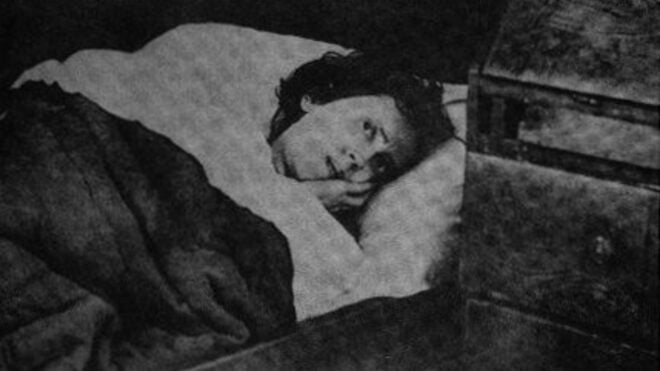I can't stand seeing animals in pain. I think there's almost nothing more disturbing. You have to be grateful for veterinarians for all of the great work they do. Day in and day out, they help heal and comfort the animals who need assistance from us.
The animals usually have no idea what's going on. They just know that they're in pain.
At least with our pets, we can usually see that our companions are in pain, or at least seem to be acting a little differently, but for wild animals, it's much more difficult to get them the care and the treatment that they need.
That's why Sue and Les Stocker started a wildlife hospital in 1978 in Great Britain. They saw there were few facilities available, but there were thousands of animals who needed help. Soon, they were flooded with patients: toads, badgers, deer, owls, and any other variety of wild animal native to their area.
In 1984, they noticed that they were receiving more and more hedgehogs patients. They received so many hedgehogs, in fact, that they had to open a dedicated hedgehog unit!
They changed the name of their hospital to "Saint Tiggywinkles" after the beloved Beatrix Potter character, and have spent the past decades treating hundreds of thousands of wild animals completely free of charge.
The St. Tiggywinkles Wildlife Hospital Trust has a team of trained veterinary nurses and surgeons dedicated to giving these animals the best care possible. They're open 24 hours a day, 365 days a week, and treat approximately 10,000 animals a year.
They run their business with no government funding and they rely solely on members and donations. Scroll through the adorable photos of some of their sweet patients. These cute animals were able to thrive and survive because of the amazing work of Saint Tiggywinkles. Consider donating to them by visiting their website.
Also, please SHARE this article with other animal lovers!
St. Tiggywinkles is known for its great care of one of Great Britain's most adorable creatures. Hedgehogs often get caught in drains, nets and traps.
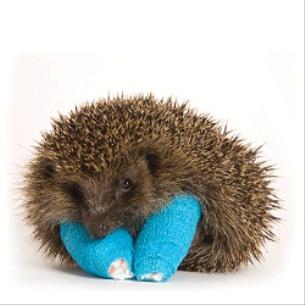
St. Tiggywinkles offers great advice about the appropriate way to help rescue hedgehogs on its website. Be careful with their pointy spikes!
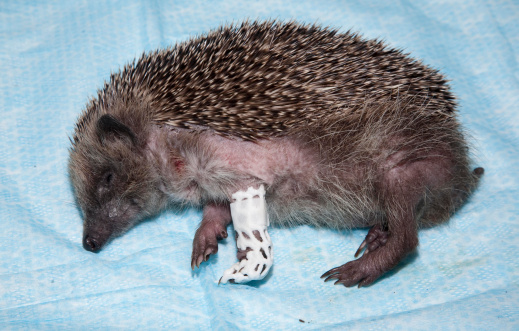
One of St. Tiggywinkles' most famous patients is this little guy: Rupert!
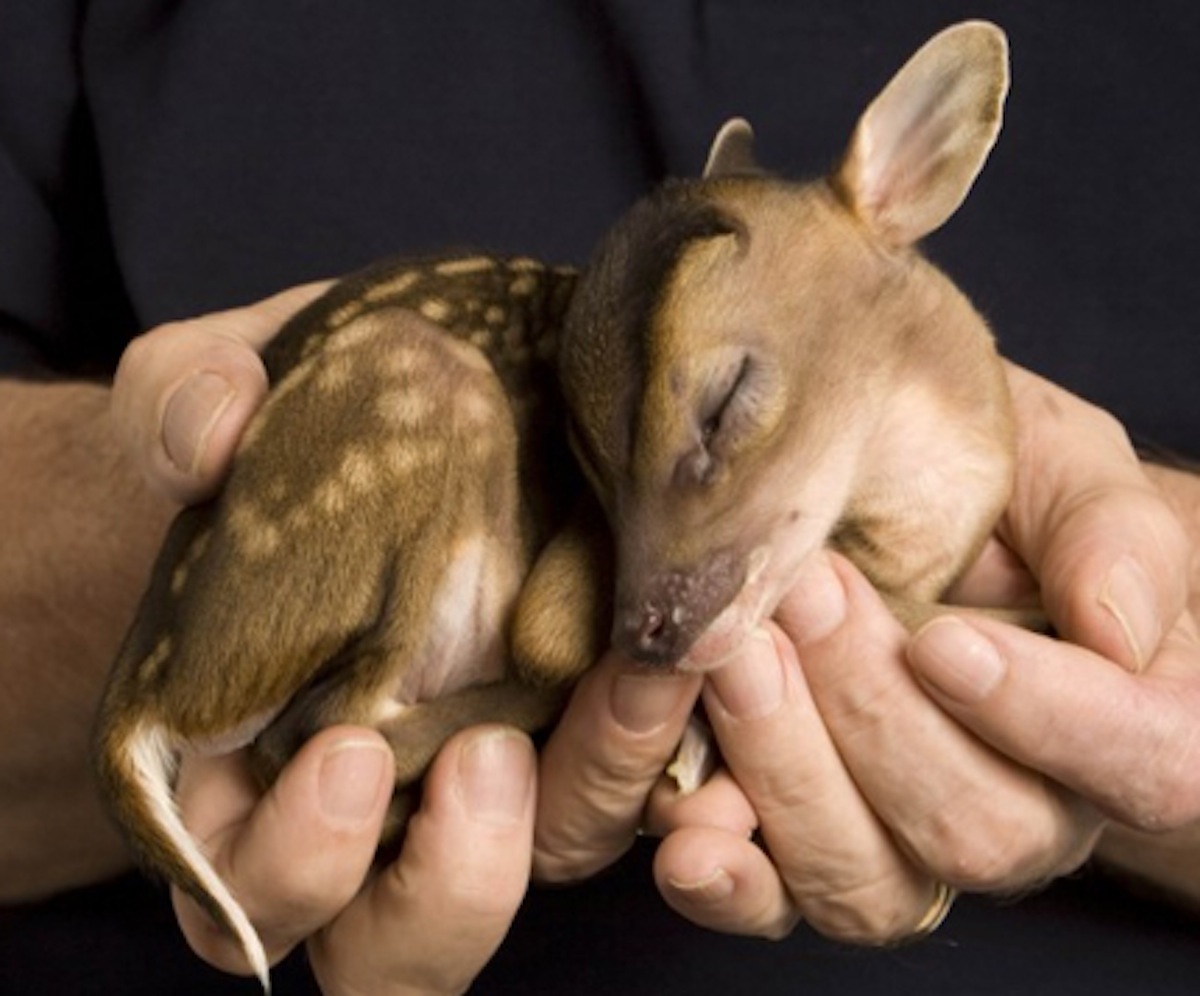
Rupert's mother was hit by a car when she was still pregnant with this little guy. She was rushed to the hospital, but unfortunately her injuries were too severe to save her.
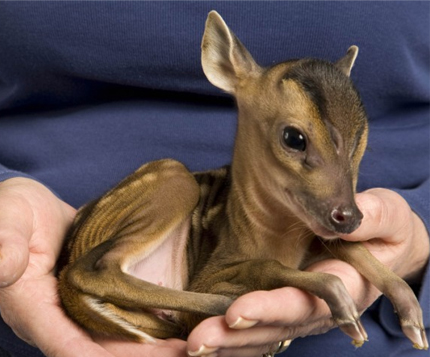
The doctors knew there was an unborn deer inside, so they made every effort to save the baby. Rupert was delivered several weeks prematurely by Caesarean section.
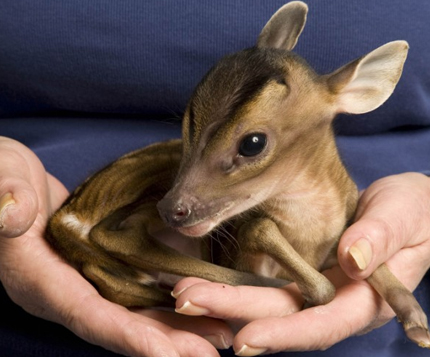
He was rushed into intensive care and placed in an incubator. He was so premature that he initially could not open his eyes or suckle, but the hospital monitored him 24 hours a day.
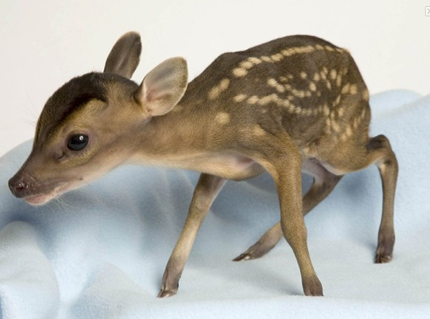
Tiggywinkles gave this brave little deer a chance at survival he never would have had alone. Sadly, Rupert is gone now, but most of Tiggywinkles' stories have much happier endings.
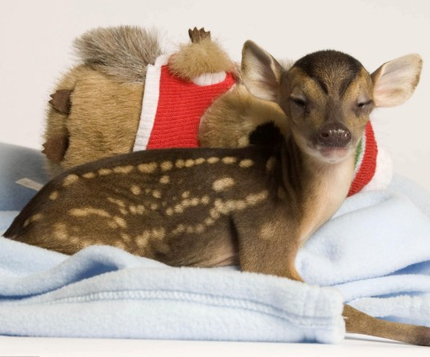
Tiggywinkles keeps their phone lines open at all hours. They advise that if you see an injured animal who might need help, you should contact a trained professional who can come aid the injured party.
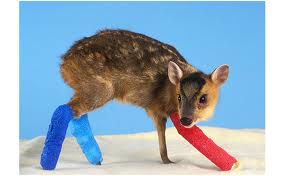
The animals may be cute, but it's important to remember that they are wild.
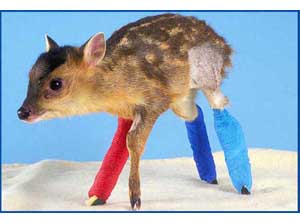
As of the date this article was published, St. Tiggywinkles is treating 1,425 animals including 383 badgers, 27 deer, 16 buzzards, 49 owls, 9 swans, and one adorable dormouse.
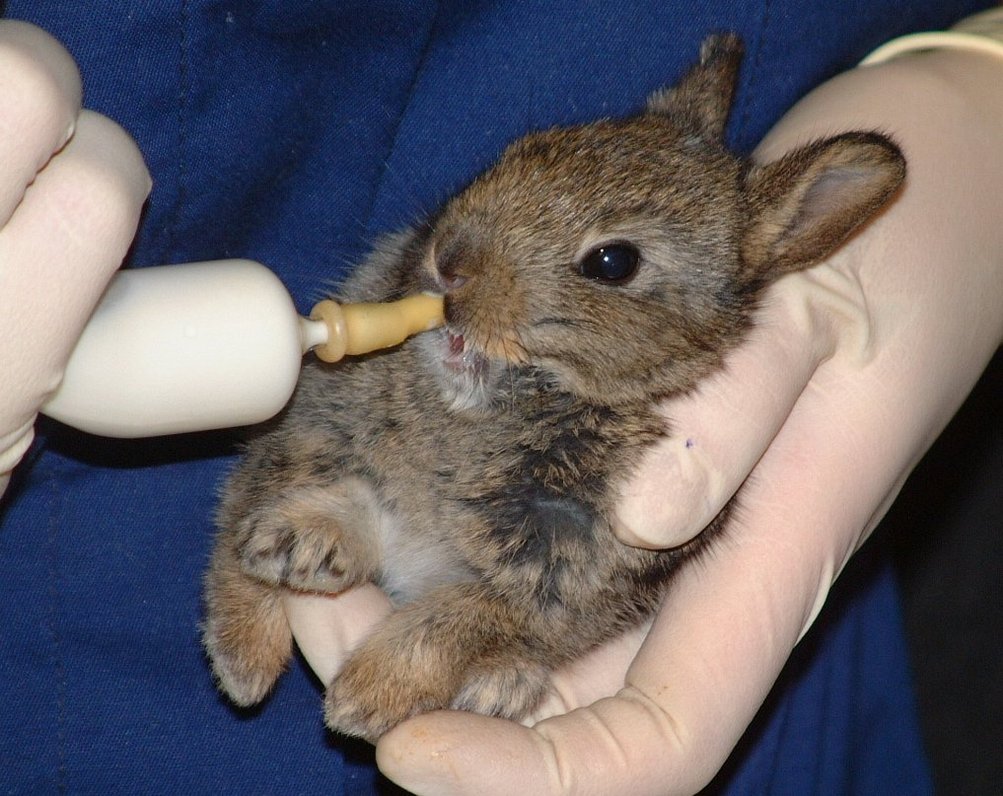
In addition to their trained staff, the hospital likes to get young people between the ages of 19-24 to come and volunteer in the hedgehog unit. They're hoping to inspire future generations to continue their efforts in wildlife preservation.
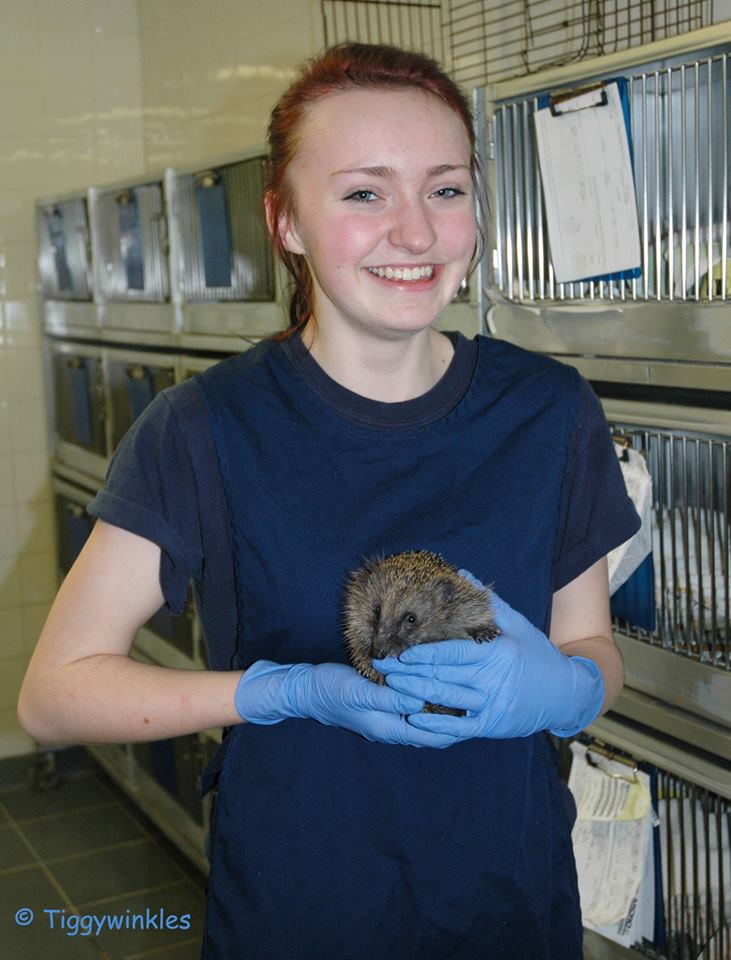
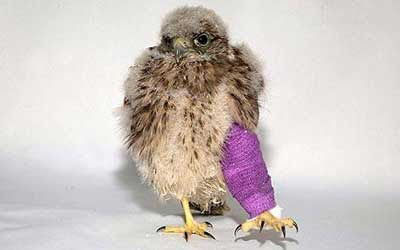
These adorable photos might inspire you to help save wildlife. That's a wonderful thing, but be careful to exercise caution. Animals possess a natural "flee" instinct. Upon seeing you approach, they may try to get away which could cause further injuries to themselves or you.
Saint Tiggywinkles is a funny name, but they're doing some serious work.
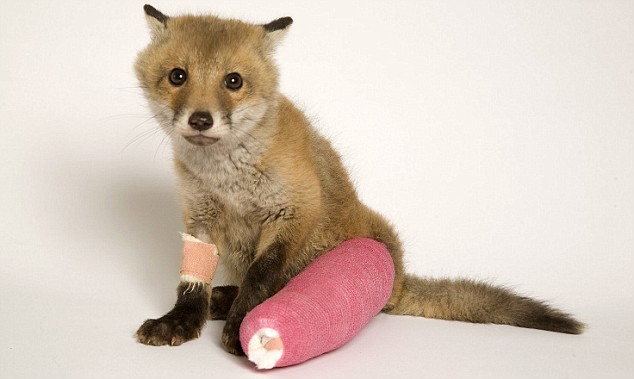
Please SHARE this story with an animal lover today!


